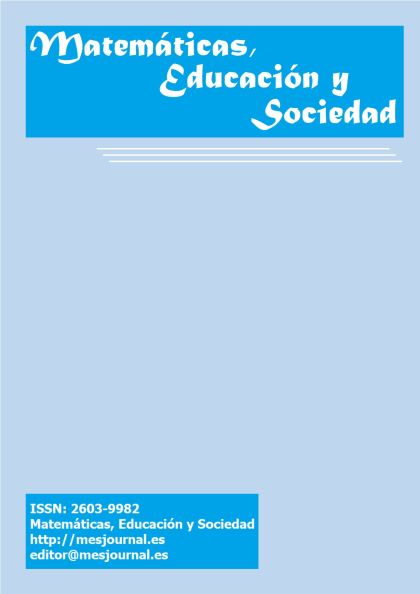Mathematical Challenges in Problem Solving: A proposal for classification in polynomial addition
Main Article Content
Abstract
Students present mathematical challenges when they are unable to solve a particular problem, thereby generating interest in the topic. It is important to note that these challenges are related to the domain of skills that students should possess. Honduras is particularly interested in the domain of skills, since standardized assessment tests have been implemented at the national and regional levels in recent years with the purpose of measuring the performance of students in basic education. Based on the results obtained in the latest evaluation, students who have completed the third cycle of basic education (seventh to ninth grade) have significant knowledge deficiencies, with an average percentage of performance in algebraic expressions ranging between 26% and 35% (Secretaría de Educación SE, 2014, p.49). After the above considerations it is easy to determine that students have difficulties in the block of algebraic expressions where the topic of polynomials is addressed. In order to contribute to the improvement of the situation, the present study addresses this topic and seeks to identify the challenges presented by students in this section.
Downloads
Article Details
This work is licensed under a Creative Common License (CC BY 3.0 ES)
References
Canales-López, C. J., Euceda-Hernández, K. M., & González-Ponce, L. D. (2021). La ansiedad hacia la enseñanza de las matemáticas en estudiantes universitarios. Revista Electrónica de Conocimientos, Saberes y Prácticas, 4(1), 86-101.
Gómez, Y. P. (2011). ¿Qué es un problema en Matemática y cómo resolverlo? Algunas consideraciones preliminares. EduSol, 11(34), 74-89.
Gómez, Y. P., Betancourt, C. M. M., & Torres, R. C. C. (2015). Sugerencias metodológicas para el tratamiento a la solución de problemas. EduSol, 15(50), 101-109.
Hernández, R. V. (2016). Errores matemáticos en el conocimiento procedimental al resolver problemas de superficies cuadráticas. Revista Logos, Ciencia & Tecnología, 8(1), 67-76.
Hernández, R. F. (2018). Metodología de la investigación. 6ta Edición Sampieri. Soriano, RR (1991). McGraw-Hill Interamericana.
Liljedahl, P. (2021). Building thinking classrooms in mathematics, grades K-12: 14 teaching practices for enhancing learning. Corwin Press.
Schoenfeld, A. H. (1979). Explicit heuristic training as a variable in problem-solving performance. Journal for Research in Mathematics Education, 10(3), 173-187.
Secretaría de Educación (SE). (2014). Informe nacional de rendimiento académico. Tegucigalpa: La Gaceta.
Secretaría de Educación (SE). (2015). Informe nacional de rendimiento académico. Tegucigalpa: La Gaceta.
Secretaria de Educación (SE). (2016). Informe nacional de rendimiento acádemico. Tegucigalpa: La Gaceta.
Polya, G. (1945). How to solve it; a new aspect of mathematical method. Princeton University Press.
Tamayo, M. (2007). Metodología de la Investigación. Editorial Lamus, SRL. Caracas,Venezuela.

